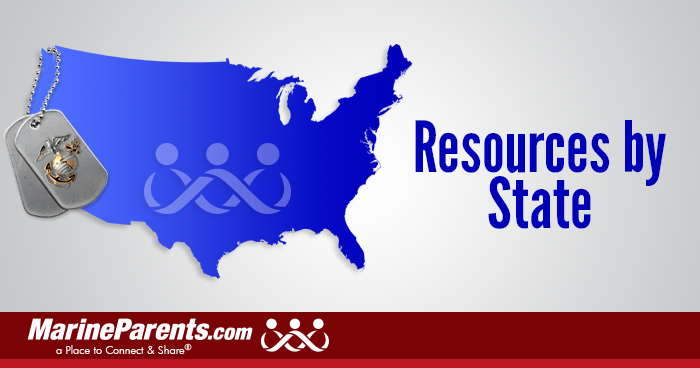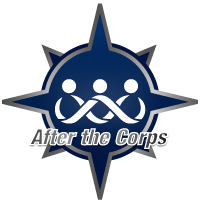

Individuals who have at least 90 days of aggregate active-duty service after Sept. 10, 2001, and are still on active duty, or were honorably discharged, or were discharged with a service-connected disability after 30 days, may be eligible for the Post-9/11 GI Bill.
Individuals who are eligibile for the Post-9/11 GI Bill and any other GI Bill program must make an irrevocable election of the Post-9/11 GI Bill before you can receive any benefits.
Types of Training
The following assistance is approved under the Post-9/11 GI Bill:
- correspondence training
- cooperative training
- entrepreneurship training
- flight training
- independent and distance learning
- institutions of higher learning undergraduate and graduate degrees
- licensing and certification reimbursement
- national testing reimbursement
- on-the-job training
- tuition Assistance top-up
- tutorial assistance
- vocational/technical training, non-college degree programs
Transfer Benefits
On July 12, 2018 the Department of Defense issued a policy change for the transfer of Post-9/11 GI Bill education benefits by service member to eligible family members.
Eligibility to transfer education benefits will be limited to service members with less than 16 years of total service (active duty or selected reserves). There were no previous restrictions for when a service member could transfer education benefits to a family member. The previous policy required a service member to have a minimum of six years of service in order to apply to transfer their education benefits to a family member. That provision remains unchanged in the new policy.
Service members who fail to fulfill their service obligation due to circumstances outside their control will retain their eligibility to transfer education benefits to family members. An example of such circumstances would be an officer or staff non-commissioned officer being involuntarily separated after being passed over for promotion twice.
Although this change has been issued, the policy will not go into effect until July 12, 2019.
For more information about this policy read DoD Instruction 1341.13.
Benefits and Eligibility
For approved programs, the Post-9/11 GI Bill provides up to 36 months of education benefits, generally payable for 15 years following an individual's release from active-duty service. Institutions of higher learning participating in the Yellow Ribbon Program may make additional funds available for certain educational program without an additional charge to GI Bill entitlements. The following payments may also be available:
- monthly housing allowance
- annual books and supplies stipend
- one-time rural benefit payment
Some Servicemembers may also transfer unused GI Bill benefits to their dependents.
Additional Factors
- Full tuition and fees are paid directly to the school for all public school in-state students.
- Individuals attending a private or a public institution of higher learning as a non-resident, out-of-state student, may be eligible for the Yellow Ribbon Program and entitled to additional, education-related costs not covered by VA. Not everyone is eligible for this assistance.
















